Child Parent Psychotherapy – Building Bonds Between Parents and Young Children
- Posted by Sarah Swiston
- On December 13, 2021
- chicago metropolitan area, Chicago suburbs, children services, children survivors dv, Domestic Violence, domestic violence agency, domestic violence organization, DV agency, End Domestic Violence, WINGS, WINGS Program
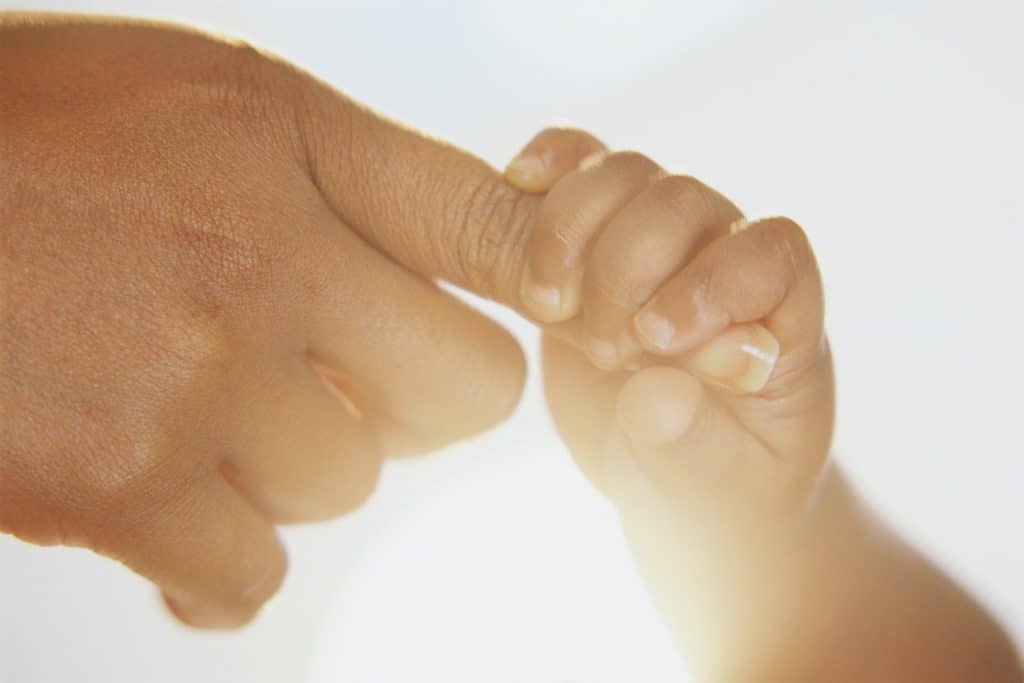 WINGS is an organization committed on continual learning. One example is through WINGS new Child Parent Psychotherapy collaboration training.
WINGS is an organization committed on continual learning. One example is through WINGS new Child Parent Psychotherapy collaboration training.
As youth continue to enter WINGS Safe Houses with alarmingly higher levels of trauma, WINGS compassionate Children’s Advocates remain dedicated to providing the most effective interventions and receive the latest trainings. Child Parent Psychotherapy, for the youngest survivors ages zero to five, builds bonds between parents and young children.
Child Parent Psychotherapy
One continual concern from parents in WINGS Safe House and Housing programs is how to deal with temper tantrums of toddlers and constant crying from babies. When looking at the issue on a deeper level, the challenges of regulating emotions often stem from the trauma of abuse encountered by both the guardian and infant.
In January 2021, through a partial grant, WINGS Children’s Advocates became a part of an 18-month Child Parent Psychotherapy collaboration training.
This approach assists young children and their guardians in naming and discussing traumatic experiences.
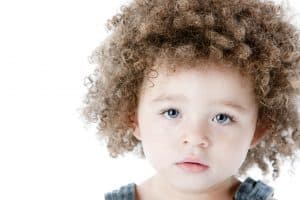 When used along with therapeutic counseling, this approach empowers 0 to 5-year-olds to:
When used along with therapeutic counseling, this approach empowers 0 to 5-year-olds to:
- decrease their trauma symptoms, including irritability, separation anxiety, eating or sleeping disturbances and more,
- increase their social-emotional development and
- increase their bond with their guardian.
Involving the Caregiver
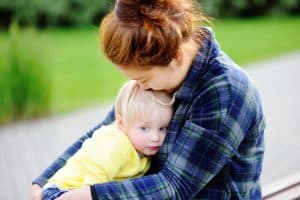 Beth Moss, WINGS Senior Manager of Children’s Services shares, “This approach allows the parent to be present at the sessions. Before, parents of toddlers would just want us to do counseling with just the child.
Beth Moss, WINGS Senior Manager of Children’s Services shares, “This approach allows the parent to be present at the sessions. Before, parents of toddlers would just want us to do counseling with just the child.
However, with this model, staff are able to frame the importance of the parent being a part of the session. Since the parent is there, they can see firsthand their little one’s expressions to help create an environment where the child feels safe. Both the parent and child leave sessions with a stronger bond.”
Examples of Impact
- A parent of a four-year-old learned to acknowledge the child’s feelings. For example, “I see you are really angry about that.” This allowed the child to express their feelings, enhancing their relationship and bond.
- One mother reported her son has greatly decreased his temper tantrums and mood swings. Instead, he has started using words to express his feelings to her. He feels safer compared to when they first came to WINGS.
- When drawing pictures, one child always included a big monster. After Child Parent Psychotherapy sessions with their WINGS Children’s Advocate and parent, they no longer draw the monster.
- Another mother of an 18-month-old thought her daughter didn’t remember the trauma of living with the abuser. However, through play she verbalized she didn’t feel like her mom was giving her enough time or attention. The parent observed this and has increased the amount of one-on-one time her daughter receives from her.
Beth shares, “Overall, by participating in the sessions with their children and WINGS Children’s Advocates, parents are learning that these little ones really do absorb domestic violence. Parents think the toddlers weren’t aware or paying attention to it. However, through this model, they are seeing they were aware and do have feelings about it…especially in the case of the 18-month-old.”
Beth continues, “It’s not just toddlers who improve their emotional regulation, parents are benefitting too. Instead of immediately reacting with anger when a child misbehaves, the parents recognize their own feelings and attempt to respond in a calmer manner.”
One of the key factors to breaking the cycle of domestic violence is for survivors to form stronger and healthier relationships. Through Child Parent Psychotherapy and other interventions, both guardians and youth begin to learn and heal from their trauma together.
Learn More:
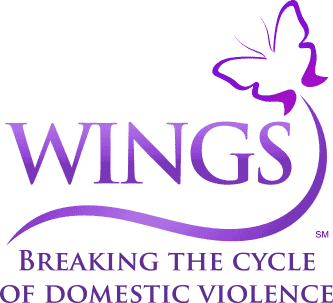
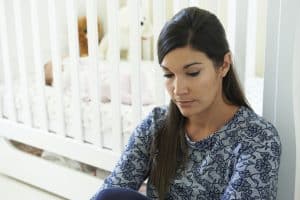
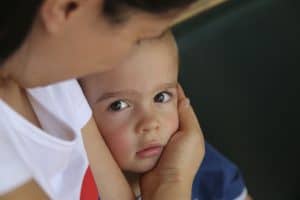
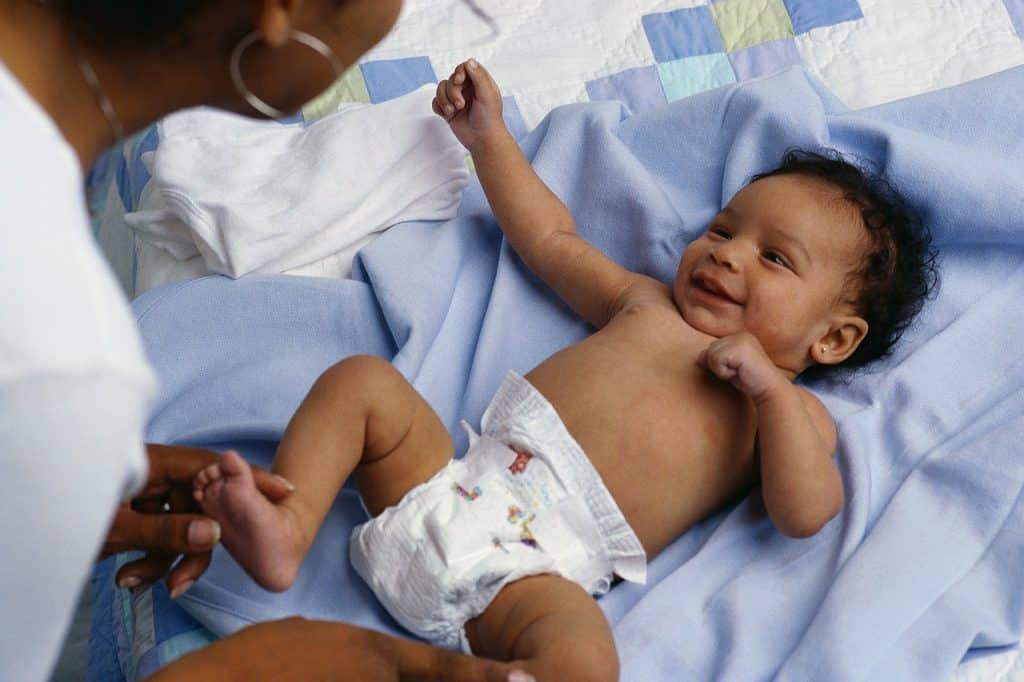
0 Comments